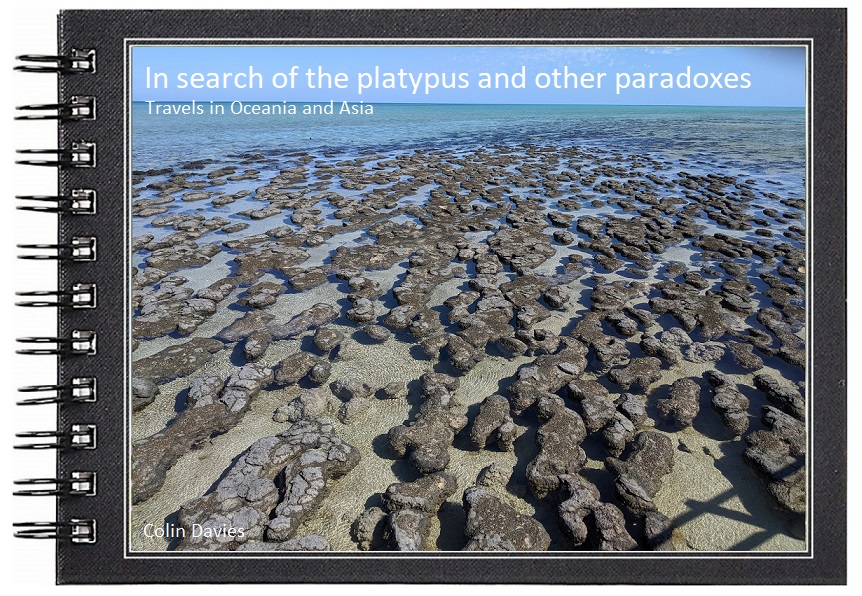Wednesday, 29 January 2020
King Penguin, Bruny Island, Tasmania
"Let's go for a walk on the beach" said Elaine so we stopped at the first pull in we came across, walked down to the beach and the first bird I saw, standing alone about 50m from us right in the middle of the beach was a stunning adult king penguin! It was as straight forward as that. Just another day on Bruny Island, Tasmania. Incredible!
To say I'm still in a state of shock is an understatement. An adult king penguin? What are the odds of that? What an incredible bird.
There were a few tourists already watching it but they all seemed well behaved and gave it space. The bird seemed perfectly relaxed and appeared to be in good health.
It was in pristine condition, it looked fat and had clearly completed it's moult, with a nice glossy sheen to its feathers. Incredibly while we watched it suddenly threw its head back, spread it's flippers and let out a trumpeting bray in display and then dropped its head down onto it's chest. It repeated this several times over the course of the hour or so in which we watched it. A displaying, trumpeting king penguin on a beach in Tasmania? Staggering.
A king penguin was reported in Tasmania over the Christmas period but that bird was an immature and has been submitted to Birdlife Australia as such, based on the fact that the gold on it's head and bill were much paler than on this adult, so clearly a different bird. Also photos of that bird have been posted on eBird here and they show that it has a very different underwing (flipper?) pattern to the Bruny Island bird.
King penguin breeds in immense colonies on sub-Antarctic islands notably Macquarie Island which is about 1500km (1000 miles) south east of Bruny Island. Occasionally they do occur on southern Australian beaches including Tasmania, but to put it into context, there are only four accepted records from the Australian mainland and three from Tasmania, plus a small number of unsubmitted records. I guess that they are occasionally found by members of the public on beaches and photos appear on social media or in newspapers confirming what they are but the record never gets submitted. Even so, the best estimate for Tasmania is 17 individuals since 1970, or one every three years! On top of that, most that are submitted / reported are immatures or juveniles, adults really are exceptional. I'd love to know how many people have seen an adult King Penguin displaying and trumpeting on a mainland Australian or Tasmanian beach! I bet you could count them on the fingers of one hand.
What are the chances of stopping at a random beach and finding one? I'm not sure how I'm ever going to top this birding experience. I think I've probably used up most of my luck with this bird.
I'm lost for words, what a bird.
King penguin is the second largest penguin in the world, standing at around 1m tall.
Most of the literature I read says that king penguins visit southern Australian and Tasmanian beaches in order to moult, and when they do so they cannot re-enter the water until the moult is complete. That may be generally true but this bird is clearly not moulting and is in pristine condition which was confirmed the following morning when it was looked for but not seen. To the best of my knowledge at the time of writing (13/02/2020) it has not been seen again.
If anybody can tell me how I better a self found vagrant king penguin I'd like to hear it. Just amazing.
I've submitted a Birdlife Australia rare bird recording form which is currently being circulated amongst the Australian rarities committee. Seems straight forward to me, I'll put their conclusion here when I hear back from them.
This is pretty much the scene that greeted me when we walked onto the beach. A small group of people and a king penguin enjoying the sunshine.
Wow!
Apart from the penguin, I also managed seven of the 11 Tasmanian endemic birds today, Tasmanian nativehen (above), Tasmanian scrubwren, green rosella, black currawong, black-headed honeyeater, yellow-throated honeyeater and yellow wattlebird.
Red-necked wallaby.
Subscribe to:
Post Comments (Atom)
-
Photo: Snowy albatross. "Wanderer at 6 o'clock!", the cry went up and sent shivers down my spine. This was the moment I ha...
-
Philips Island is a 90 minute drive south east of Melbourne. It's a proper island but you can drive onto it via a bridge. The day we ...
-
I've been to Southern India twice now, but neither were birding holidays. The first was to meet the family of my son's...



















No comments:
Post a Comment